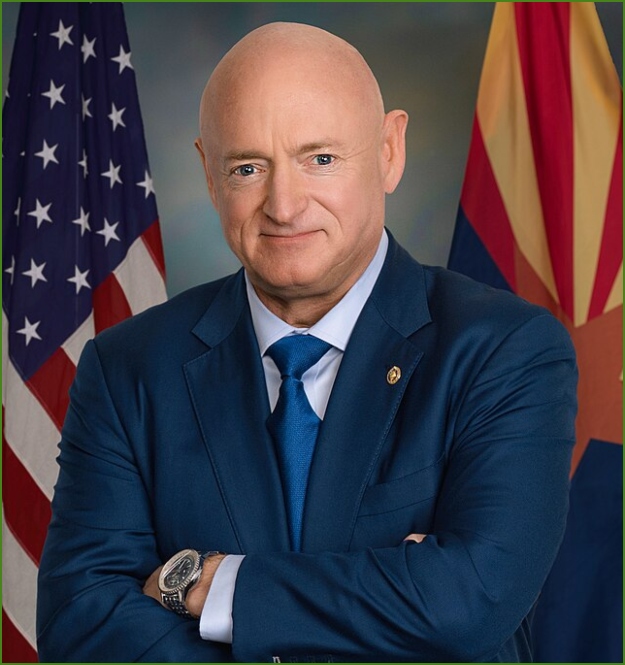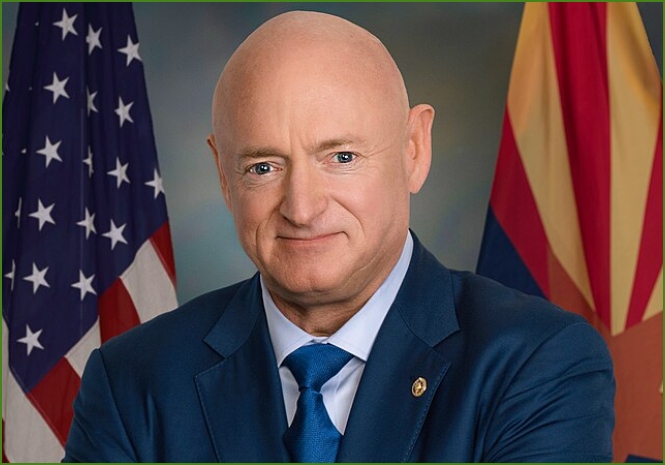The Pentagon’s announcement that it is investigating Democratic Sen. Mark Kelly for appearing in a video urging U.S. troops to reject “illegal orders” has triggered intense political drama.
But beneath the headlines lies a deeper, more consequential constitutional issue:
Can the executive branch use its military authority to discipline a sitting member of Congress — and what does that mean for the separation of powers?
This explainer approaches the controversy from the angle that matters most: what this moment says about American democracy, civilian control of the military, and the limits of presidential power.

1. Why This Is a Big Deal: Congress Is Supposed to Be Immune From This Kind of Executive Pressure
Although retired service members technically remain subject to the Uniform Code of Military Justice (UCMJ), the Constitution deliberately protects members of Congress from retaliation by the executive branch.
Why?
Because the British crown routinely used military and legal pressure to silence critics in Parliament. The framers wanted to guarantee that no president could do the same.
That is the real alarm bell here: The Pentagon — which answers to the commander-in-chief — is threatening punitive action against a sitting senator for speech criticizing the administration.
As constitutional law professor Anthony Michael Kreis notes, this goes against “a core principle of legislative independence.”
2. The Pentagon Is Relying on an Unusual Legal Tool That Has Become More Common Under Trump
The investigation leans on a federal statute allowing retired military personnel to be recalled for court-martial. In recent years, especially during Trump’s second term, that practice has quietly increased.
Legal expert Stephen Vladeck notes a “significant uptick” in retired troops being court-martialed for post-retirement conduct.
But targeting a U.S. senator — who is independently elected and constitutionally protected — stretches that authority into unprecedented territory.
3. Kelly’s Message Was About Unlawful Orders — Which the Military Is Legally Required to Reject
The heart of the video that triggered the investigation was this:
Troops must refuse unlawful orders.
This isn’t radical. It’s military law.
- Commanders must reject unlawful orders.
- Troops cannot use “just following orders” as a defense (a principle reinforced after the Nuremberg Trials).
- Military lawyers advise commanders, though rank-and-file troops often lack similar guidance.
Kelly and other lawmakers did not specify which orders they believed could be unlawful — but the video came amid controversial Trump directives involving the destruction of small boats in maritime drug operations and efforts to deploy National Guard troops in U.S. cities.
4. Why Kelly Was Singled Out — and Why It Raises More Red Flags
Defense Secretary Pete Hegseth said Kelly is uniquely vulnerable because he is the only participant who is fully retired from the military and therefore jurisdictionally under the Pentagon.
But his status as a sitting senator complicates that rationale.
If the executive branch can discipline a legislator for speech about constitutional duties, it raises a destabilizing question:
Where is the line between military discipline and political retaliation?
That is the angle constitutional scholars warn is most dangerous.
5. The Pentagon’s Move Also Threatens the Principle of Civilian Control of the Military
The U.S. system places civilians — including lawmakers — above the military in all governance matters. If the military can be used to intimidate or silence critics in Congress, that structure flips on its head.
Senate Majority Leader Chuck Schumer pointed to the danger bluntly:
This is what autocracies do.
Other Democrats framed the issue the same way:
Kelly swore an oath to the Constitution, not to the president.
6. Troops Are Caught in the Middle — and Most Haven’t Even Seen the Video
While the political class is inflamed, military communities appear largely unmoved.
One moderator of a large military forum noted that troops rely more on short-form platforms like TikTok — and the Kelly video is too long and poorly distributed to reach most service members.
This means the Pentagon may be responding more to the politics of perception than to any real impact on military morale or discipline.
7. The Real Question Moving Forward
The investigation is less about Mark Kelly the senator and more about what kind of political system the U.S. is becoming.
Does the President — through the Pentagon — have the power to threaten a sitting senator with military discipline for publicly discussing constitutional obligations?
Or does Congress’ independence and civilian authority supersede any lingering military jurisdiction over retired service members?
This fight is about far more than a video. It’s a stress test for the American constitutional structure — one that will shape future conflicts between Congress, the military, and the presidency.

